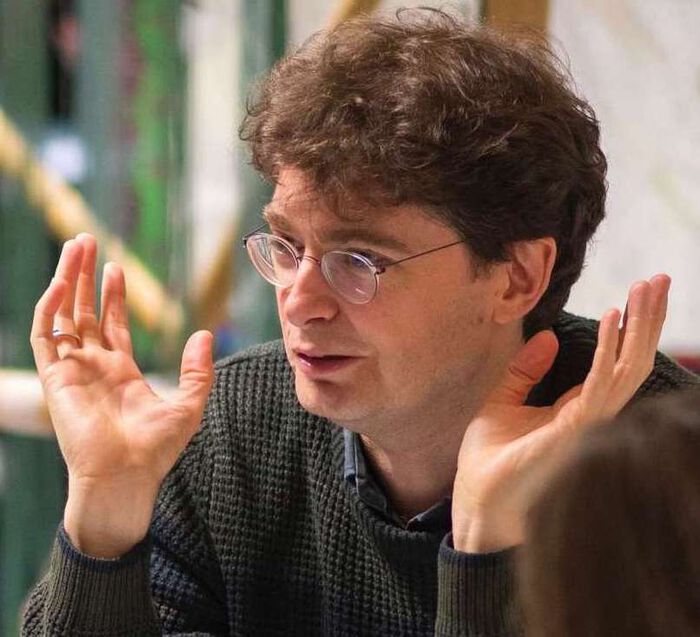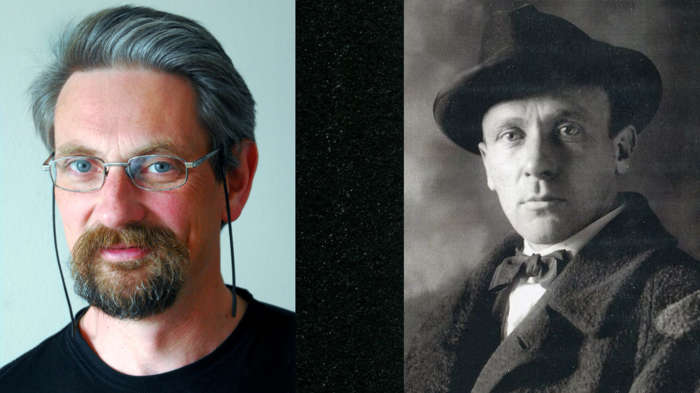Tidligere arrangementer - Side 34
Rubinur Khatun, Cosmology and Extragalactic Astronomy research group, Institute of Theoretical Astrophysics, University of Oslo.
Janne Krogh-Bj?rnerud kommer til Forskerseminaret i tekst og retorikk for ? snakke om sitt masterprosjekt om deliberativt n?rdemokrati i Drammen.
Department seminar. Florian Wagener is an Associate Professor in mathematical economics at the University of Amsterdam. He will present the paper: "Differential games of public investment" (written with Niko Jaakkola).
Til minne om Norges fremste astrofysiker og grunnlegger av Institutt for teoretisk astrofysikk, professor Svein Rosseland (1894 – 1985), arrangerer Institutt for teoretisk astrofysikk hvert ?r en Rosselandforelesning.
In this lecture, Dr. Ming-yeh Rawnsley will present and discuss Taiwanese-language films (taiyupian) and port city cinema.
Glenn ?. Wehus (MF)
In this lecture, Professor Bi-yu Chang discusses state policies and interventions in constructing ideas of identity and nationhood in Taiwan's educational system.
Offentlig sektor er introvert, og nytenkning m? til om vil skal bli bedre samordnet og mer innovative. Er tillitsreformen en del av l?sningen? Hvordan kan departementene bidra til at innbyggerstemmen blir h?rt av virksomhetene?
Eduard Kontar, Professor at School of Physics and Astronomy, University of Glasgow, UK.
Department seminar. Mikko Silliman is a Postdoctoral Fellow at the FAIR center at the Norwegian School of Economics (NHH).
Arkeologisk fredagsseminar om Svingerudsteinen med f?rsteamanuensis Steinar Solheim og professor Kristel Zilmer, begge tilknyttet Kulturhistorisk Museum.
Nele P?ldvere and Elizaveta Kibisova present their research on the grammatical differences between fake and genuine news in English and Russian.
I ?r udkommer den f?rste engelsksprogede akademiske antologi om multikunstneren Sjón (Sigurjón Birgir Sigur?sson). Gitte Mose, som er blandt tre redakt?rer, forteller om utgivelsen p? litter?rt instituttseminar.
Join us for a special CIMS seminar with IKOS Professor of Arabic and Arabic literature, Stephan Guth.
By Rosemary Gillespie and George Roderick from the University of California Berkeley, USA
In this lecture, Sven Lütticken (Leiden University) will discuss how the political aesthetics of the people's tribunal form have been articulated in new ways by contemporary artists.
By Lucy Gilbert, University of Glasgow, UK
Audun M?rch holder foredrag om den kanskje st?rste russiske romanen i det 20. ?rhundre, "Mesteren og Margarita".
Abstract: Although tropical vector bundles have been introduced by Allermann ten years ago, very little has been said about their structure and their relationship to vector bundles on algebraic varieties. I will present recent work with Martin Ulirsch and Dmitry Zakharov that changes exactly this in the case of curves: we prove analogues of the Weil-Riemann-Roch theorem and the Narasimhan-Seshadri correspondence for tropical vector bundles on tropical curves. We also show that the non-Archimedean skeleton of the moduli space of semistable vector bundles on a Tate curve is isomorphic to a certain component of the moduli space of semistable tropical vector bundles on its dual metric graph. Time permitting I will also report on work with Inder Kaur, Martin Ulirsch, and Annette Werner and explain some of the difficulties that arise when generalizing beyond the case of curves to Abelian varieties of arbitrary dimension.
Department seminar. Frédéric Robert-Nicoud is currently an Economics professor at the Geneva School of Economics and Management (GSEM) of the University of Geneva.
Dr. Anne Schad Bergsaker, Dr. Jon Kerr Nilsen, and Dr. Maiken Pedersen, USIT, UiO.
This event aims to bring together professionals working with single-cell/nucleus and spatial sequencing technologies, to build a community within the field in the greater Oslo area.
Norsk selskap for aldersforskning inviterer til gratis seminar der fire foredragsholdere vil holde innlegg om sex og seksualitet i voksne og eldre ?r. P?melding og program


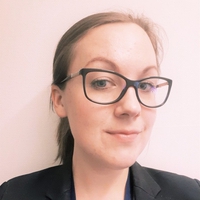


.jpg?alt=listing)
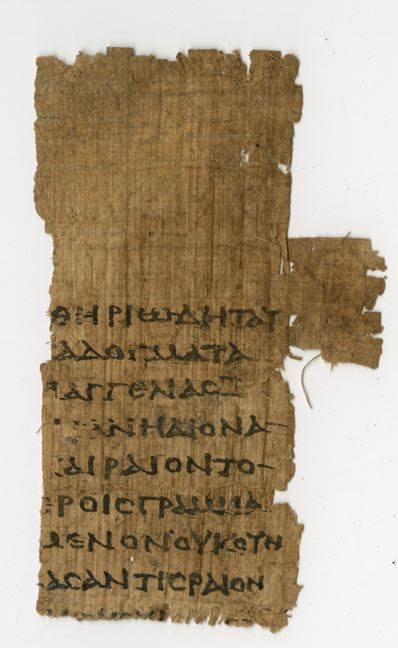
.jpg?alt=listing)
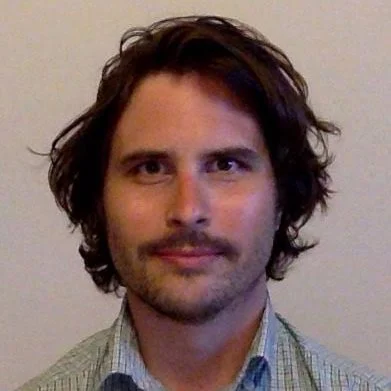

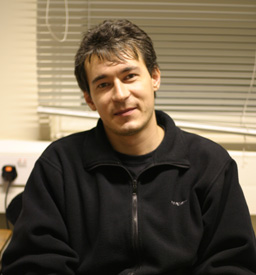

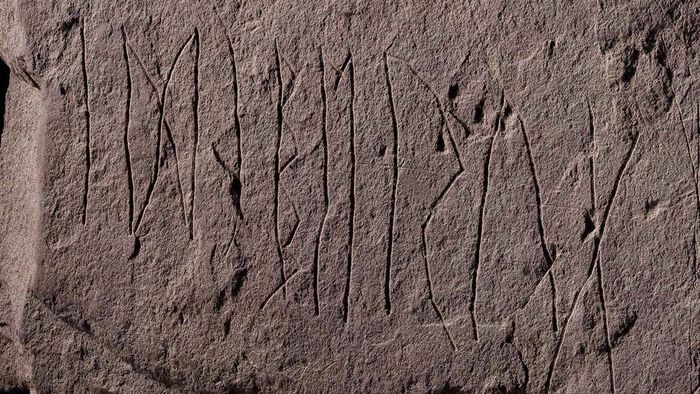
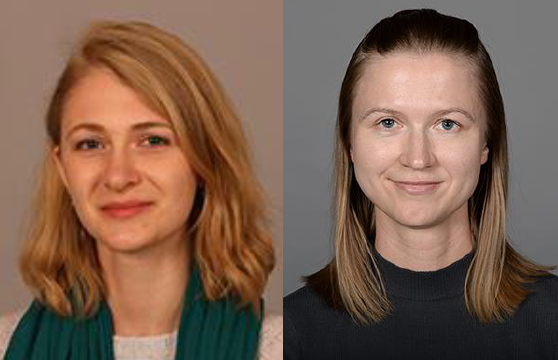

.jpg?alt=listing)
